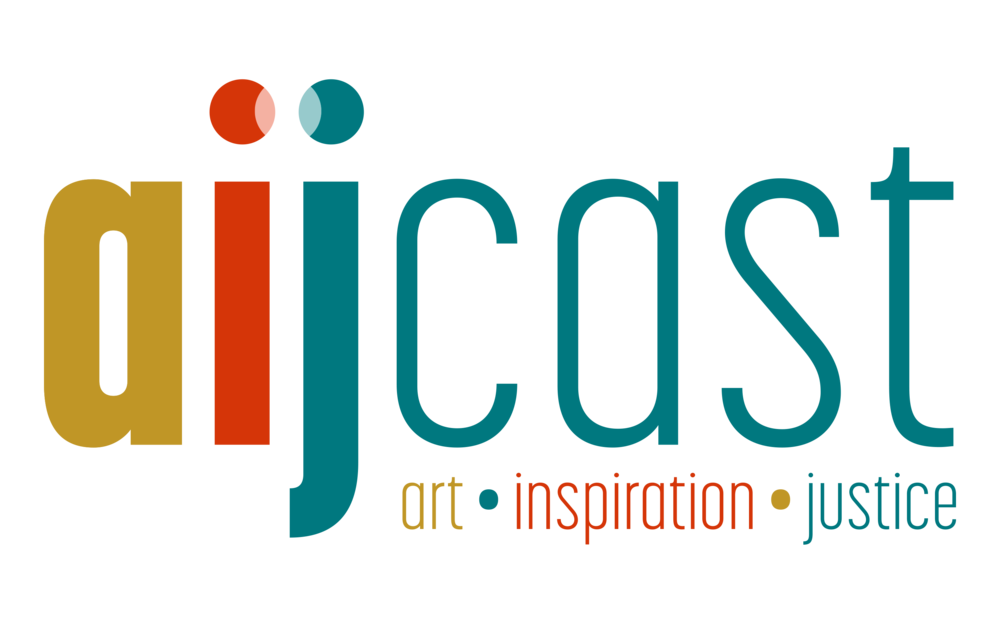“Esther” by Cody F. Miller used by permission.
We love to be the heroes of our own imagination.
When I was learning about the Civil Rights Movement as a child, I always just knew that I would be right there marching alongside Martin Luther King. And in seminary, I was absolutely confident that I would have been part of Germany’s Confessing Church, which bravely stood up to Hitler and Fascism - like Dietrich Bonhoeffer, martyred in a concentration camp; like Martin Niemoeller, immortalized in the quote, “and when they came for me, there was no one left to speak”; like Karl Barth, who fled to the United States and become involved in the Civil Rights Movement here.
But the question is: Would I really? Would we really be the heroes that our imaginations make us out to be?
At this moment, we are dealing with civil unrest in response to the latest round of publicized police shootings of unarmed Black women and men. Where are we?
Meanwhile, the pandemic is paralyzing our healthcare system and ravaging Black and Brown communities. Where are we?
You may make assumptions about my politics based on the way I categorize our current moment. I really don’t care. What truly shapes me is data, research, and my own efforts to follow Jesus: Jesus who privileged the poor, the marginalized, the powerless, the unarmed. And at this moment, there is this vast swath of the Church painting a picture of Jesus that is absolutely unrecognizable to me. He’s wrapped in an American flag,; protected by his Northern European whiteness; trumpeting individualism and capitalism; and he’s a card-carrying member of the NRA.
At this moment, I am reminded of the Hebrew Bible book of Esther. Esther was a Jew in ancient Persia, but very few people knew that fact about her, except for her uncle Mordecai. Through a series of circumstances, she ends up married to King Xerxes. And by virtue of her place in the halls of power, she gets wind of a plot to exterminate her people. The question for her is whether she should out herself as a Jew to King Xerxes, her husband, or stay safe. Her uncle Mordecai gives her this advice: “If you remain silent, relief and deliverance for our people will come. But who knows? Perhaps you were called for such a time as this.”
We love to be the heroes of our own imagination. But when such a time comes, such a time as this, will we remain silent?
If you are looking for concrete steps to take at this moment in time, I would like to offer you some suggestions.
If you are a praying person, I invite you to pray - and not just to call on God, but to listen to God’s leading; because I know that God will speak more clearly and more faithfully than I ever could.
If you are fasting person, I invite you to fast. That’s what Esther asked the Persian Jews to do in her time.
I encourage you to speak out (“speaking out” on social media isn’t really speaking out in the fullest sense of what that means). Speak out to your friends, your family, your neighbors, your faith community. Are they participating in what God would have us do at this moment? Or are they piling on to those who are already being punished? Or out of fear, or complacency, or privilege, are they just remaining silent?
Listen to those whom Jesus would have privileged, and amplify their voices: people who are poor, powerless, unarmed; folx who are leading from the margins.
Advocate for policies that would work to change the status quo in order to try and mirror the world that God desires.
What I have learned is that the truly artistic move takes what we can imagine and turns it into something real. And that is what is truly heroic.
I leave you with the words with which I end my podcast each week: Go - rather, stay put; create some beauty of your own, and remember that there is no true beauty until the world is beautiful for all.
Peace and Justice. For such a time as this.

